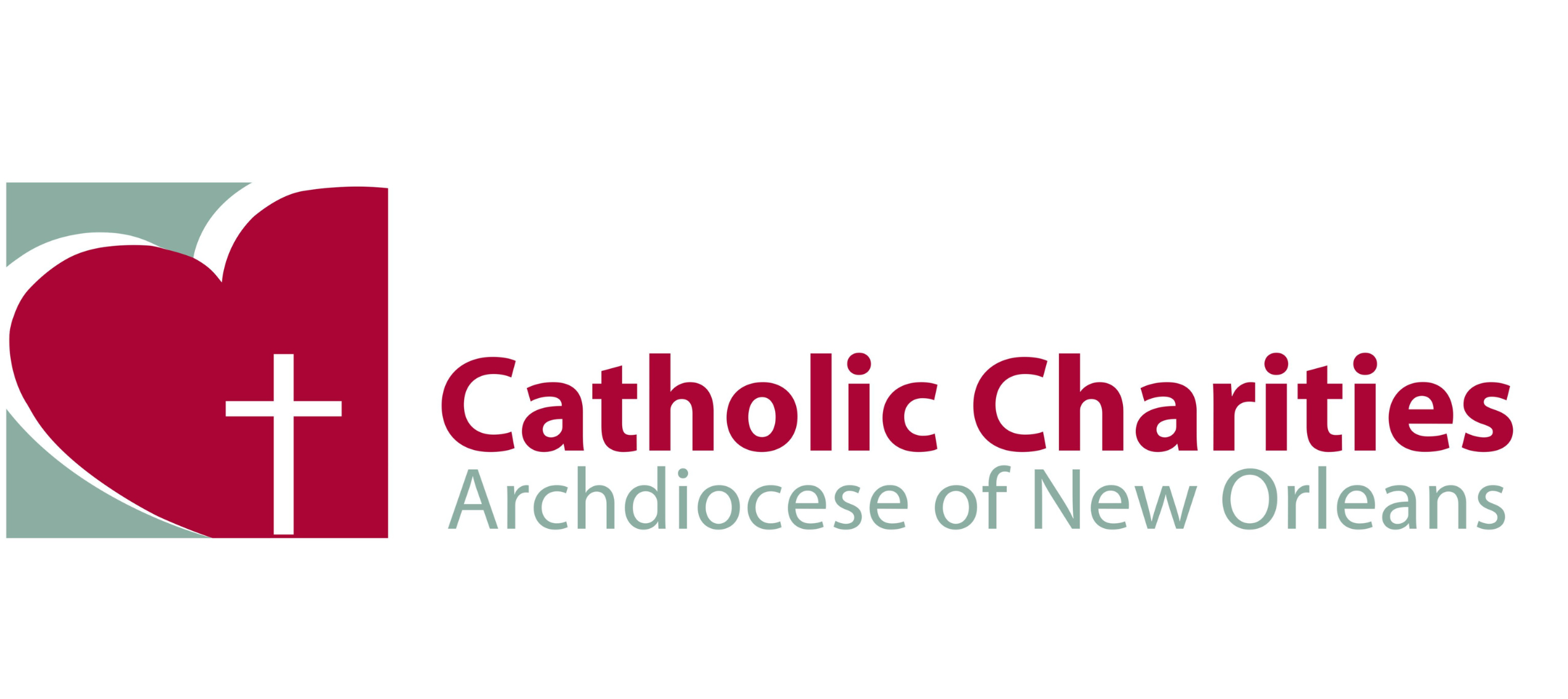October 18, 2018 by Matt Sledge
Advocate staff photo by Sophia Germer
Louisiana Gov. John Bel Edwards bounded into a room at the Orleans Parish Sheriff’s Office headquarters on Thursday with a smile on his face and good tidings for criminal justice reformers.
Edwards was announcing that $3.4 million of the $12.2 million the state says it has saved from last year’s criminal justice reforms will go to government agencies and non-profits in Jefferson, Orleans and St. Tammany parishes to help smooth offenders’ transitions back to society.
Flanked by sheriffs, district attorneys and politicians from both major parties, the Democrat said the money is proof that the reforms passed in the Louisiana legislature last year are working.
“What is driving this effort is not just reducing our incarceration rate, it isn’t just saving money – although I think those things are important. Our efforts are going to improve public safety,” he said.
Beginning last year, the package of bills known as the Justice Reinvestment Act allowed for thousands of inmates convicted of non-violent crimes to be released ahead of schedule, often by just a few days or weeks but in some cases by a year or more.
The legislation earmarks 70 percent of the money saved on incarceration costs toward new services to help victims, improve public safety and reduce recidivism. The remaining 30 percent, or about $3.7 million, will be directed back into the state budget.
The budget for the next year includes $2 million for Orleans, nearly $800,000 for Jefferson and $562,000 for St. Tammany Parish. That money will be renewable over the following two years, although future amounts may vary.
Edwards said the money from the first year of savings was directed towards the five parishes with the largest number of inmates sent to state Department of Public Safety & Corrections custody.
By focusing the funds on Orleans, Jefferson, St. Tammany, East Baton Rouge and Caddo, he said they can make the largest impact on the state’s crime and incarceration rates.
Local recipients of the funds include Catholic Charities, which will have $320,000 to spend on “wraparound” re-entry services for substance abuse treatment, housing and employment in Orleans and St. Tammany.
Goodwill Industries will receive $448,000 to provide ex-offenders in Orleans legal services, such as securing a driver’s license or negotiating child support payments. Another umbrella organization, the United Way of Southeast Louisiana, will receive $250,000 to provide services in Jefferson.
The state will also be spending almost $1.2 million in the three parishes to ensure that inmates in state custody spend their last two years of imprisonment closer to home, at places like the Plaquemines Parish Detention Center.
Meanwhile, re-entry courts will receive $200,000 in Orleans, $100,000 in St. Tammany and $100,000 in Jefferson Parish.
The general contours of the spending plan were announced at a Baton Rouge press conference Wednesday. By Thursday, local leaders and non-profit groups were already working through plans on how to best use the money to serve a population that has often been overlooked in Louisiana.
Orleans Parish Criminal District Court Judge Laurie White, who started the state’s first re-entry court, said she was thrilled. In New Orleans, the money will go toward case management, service providers and treatment services.
“Our approach and program is proving its success with reduced recidivism rates, which prevents victimization,” she said.
Sarah Omojola, the director of the Welcoming Project, said the $125,000 her group received would allow it to retain a licensed clinical social worker to help youths released from the Youth Study Center and Orleans Justice Center in New Orleans.
The money will also support stipends for youths who are receiving mentorship, job training and soft skills development, she said.
Kevin Fitzpatrick, the director of the office of justice and peace at Catholic Charities, said his agency is still ironing out the details of its contract with the state, but he hopes to begin providing services to about 100 formerly incarcerated people in January.
“It makes a big difference for those 100,” he said. “We’re working with a certain population that is likely to recidivate if we don’t intervene. It’s hard to put a measurement on it because it’s all new, but we’re hitting a critical chunk of the population.”
The local officials joining Edwards at the press conference included New Orleans Mayor LaToya Cantrell, Orleans Parish Sheriff Marlin Gusman, Orleans Parish District Attorney Leon Cannizzaro, Northshore District Attorney Warren Montgomery and St. Tammany Sheriff Randy Smith.
State Sen. Danny Martiny, state Rep. Walt Leger III, and former state Rep. Helena Moreno, who all sponsored parts of last year’s legislative package, were also present. Moreno is now a New Orleans City Council member.
The room in the Sheriff’s Office headquarters erupted in applause when Edwards reminded the audience that Louisiana finally relinquished its status as the incarceration capital of the world earlier this year, handing the title to Oklahoma.
But there was a note of discord when Cannizzaro, while thanking the governor, spoke of his disappointment that none of the money so far has gone toward his office’s services for victims and witnesses.
That stands in contrast to the Orleans Public Defenders, who received $377,000 for legal services and case management for defendants.
“We must also ensure in the rush toward criminal justice reform, the most important demographic is not forgotten or neglected. I speak of the victims of these offenders,” Cannizzaro said. “I am hopeful that as Justice Reinvestment moves forward, the victims of violent crime, and those who advocate for them, will receive a more equitable share of the funds.”
Edwards did announce $1.7 million for victims’ services earlier in the week. None of that money will go to local prosecutors.
Cannizzaro and Montgomery, the prosecutors in the room, said they were taking a wait-and-see approach to the question of whether last year’s reforms have reduced recidivism rates, as Edwards predicted they would.
That is perhaps the most politically sensitive issue to arise out of last year’s reforms. U.S. Senator John N. Kennedy, a potential gubernatorial candidate next year, has hammered the governor whenever an offender released early under last year’s reforms commits a new crime.
“I think if I had to grade it, I would give an incomplete,” Montgomery said. “We’re all hopeful that a year from now, two years from now, when we do have hard data, that we will be able to say that it is successful.”






